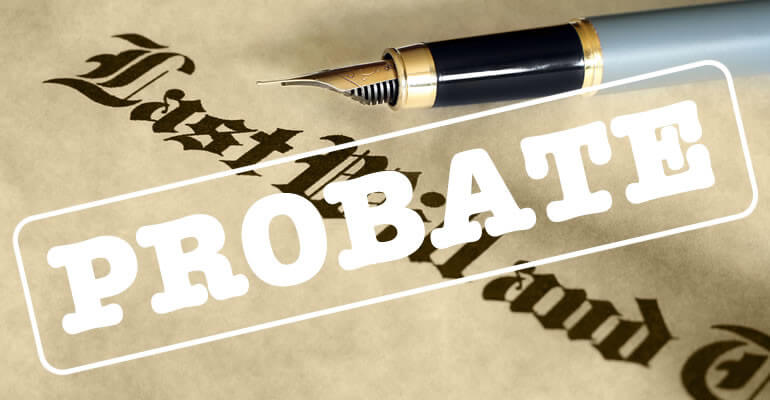Understanding the Role of Executors in Texas Probate
The executor plays a crucial role in the probate process in Texas, acting as the representative of the deceased's estate. Their responsibilities include managing assets, paying debts, and distributing property according to the will or state laws if no will exists.
Executors must navigate various legal requirements, such as filing necessary documents with the court and ensuring compliance with state laws. This can involve tasks like notifying beneficiaries, handling estate taxes, and managing estate accounts until the probate process is complete.
Common Mistakes to Avoid in Texas Probate
Probate can be a complex process, and there are several common pitfalls that individuals should be aware of to avoid complications. Mistakes such as failing to file documents on time or not properly notifying heirs can lead to delays and legal issues.
Additionally, mismanaging estate assets or neglecting to address creditor claims can create significant problems. Understanding these common mistakes and how to avoid them can help ensure a smoother probate process for all parties involved.
What to Expect During the Probate Process in Texas
The probate process in Texas typically involves several key stages, from the initial filing of the will to the final distribution of assets. Understanding what to expect can help alleviate some of the stress associated with probate.
During this process, the court will validate the will, appoint an executor, and oversee the administration of the estate. Each stage has specific requirements and timelines, making it essential for executors and beneficiaries to stay informed and organized throughout the proceedings.
Alternatives to Probate in Texas
In some cases, individuals may seek alternatives to the traditional probate process to expedite asset distribution and reduce costs. Options such as creating a living trust or utilizing joint ownership can help bypass probate altogether.
These alternatives can provide a more straightforward approach to managing and transferring assets after death, often leading to quicker access for beneficiaries and fewer legal complications. Understanding these alternatives can empower individuals to make informed decisions about their estate planning.











